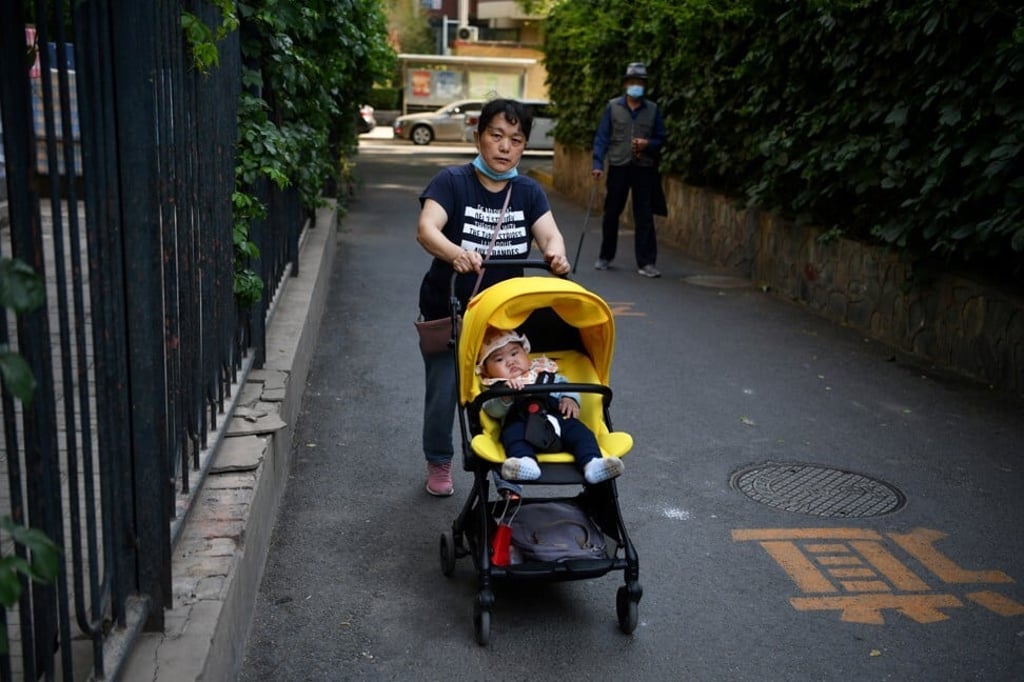Advertisement
China’s population growth hit by ‘fewer babies’ and childless households which pose risks for the future, experts say
- More couples are choosing to remain childless – enjoying more disposable income and freedom as traditional ideas of the family change
- China is facing a demographic problem due to an ageing population and falling birth rate
Reading Time:4 minutes
Why you can trust SCMP

Mandy Zuoin Shanghai
At 49, Fang Qin says she is content with life without a child.
She has plenty of freedom in how she spends her money and time, and more importantly, her parents are not pushing her to have a baby.
“DINK – double income, no kids – families like mine are nothing new nowadays,” says the handbag shop owner from Jiaxing in eastern China’s Zhejiang province.
Advertisement
“I’m glad that people are gradually changing their attitudes.
“Compared with 10 years ago, I’m receiving more envy than puzzlement now when I tell people I’m married but don’t have a kid.”
Advertisement
Both Fang’s and her husband’s parents live independently; the three couples are part of the growing number of 2-person families in the world’s most populous country.

Advertisement
Select Voice
Choose your listening speed
Get through articles 2x faster
1.25x
250 WPM
Slow
Average
Fast
1.25x